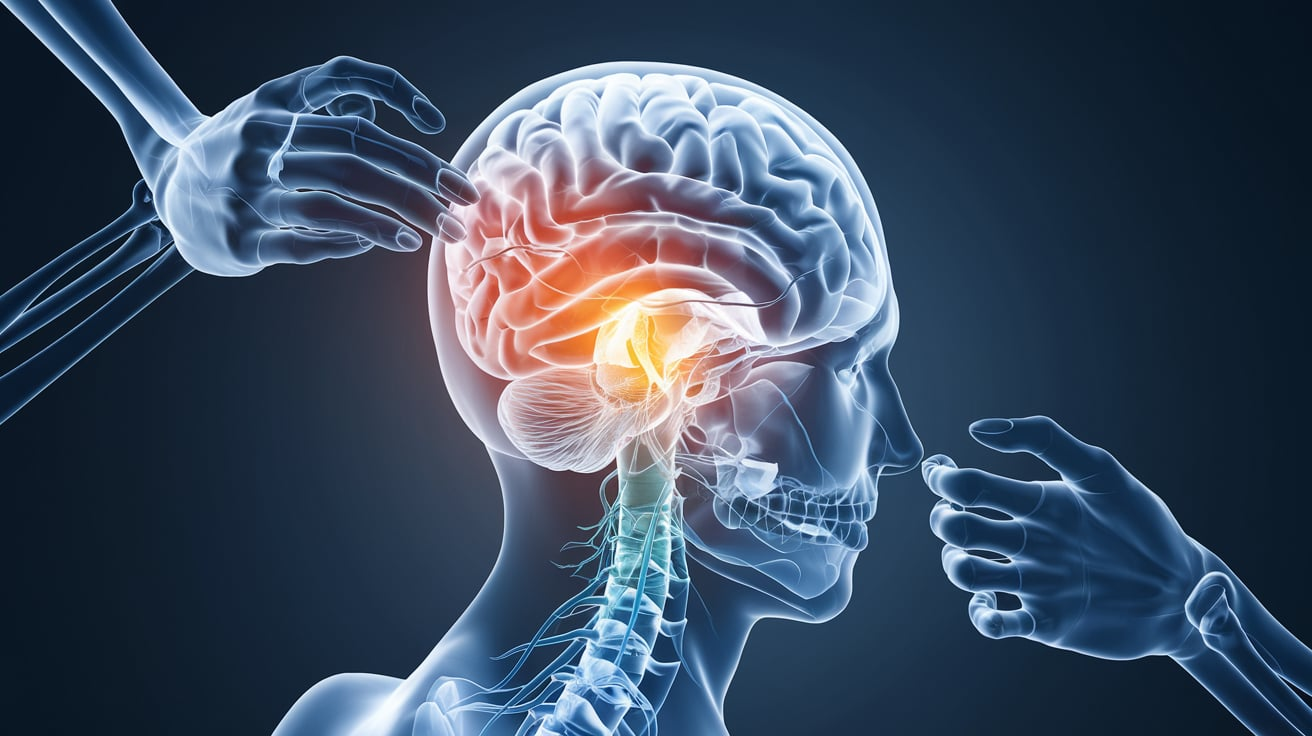Neurological surgeons can treat damaged nerves, providing comprehensive solutions involving clinical expertise. After tests identify injured nerves needing care, surgeons combine intraoperative imaging and neuro-monitoring to preserve nerve integrity during procedures. Postoperative rehabilitation can support lasting positive outcomes, helping restore nerve function. Here is how a neurological doctor can help with nerve damage:
Performing Surgical Intervention
Care by skilled surgeons should improve nerve health by halting damage before it progresses. Surgeons may remove tumors that are compressing nerves to relieve pressure. Repairing or grafting severed nerves restores their connections across scarred segments of the body. Procedures can physically correct damage to restore function and prevent loss of mobility throughout the body. Timely surgical intervention by skilled neurological doctors gives patients a better chance of smooth recovery and complete healing.
Applying Decompression Techniques
Advanced decompression treatments lead to restored nerve health through the removal of excessive pressure. Options like endoscopic release or ultrasonic decompression allow for the preservation of soft, delicate tissues. Technologies like final probe vehicles help identify compression sites for targeted relief. The test helps surgeons achieve better results through detailed visualization.
Providing Nerve Transplantation
Neurologists perform nerve transplantation to help patients regain movement and sensation in denervated tissues. Transferring healthy nerve fascicles to reactivate dormant muscles may restore the ability to walk, grasp objects, or other lost functions. Nerve grafting options fix the connections between nerves, while reconstructive options restore function and can help improve a patient’s well-being.
Conducting Reconstructive Procedures
Reconstructive intervention offers improved recovery for severely damaged nerves. After evaluating the health of the remaining nerves, skilled neurological surgeons reconstruct complex injuries brought on by traumatic lesions. Microsurgical grafting across the scarred gap can establish effective repair paths. The use of healthy sensory fascicles strengthens nerve transfers, restoring health, muscular control, and sensation. Reconstructive procedures match nerve capability with the patient’s goals.
Guiding Post-Surgical Rehabilitation
Post-surgical therapy focuses on effective nerve recovery. Specialists develop regimens involving strengthening exercises targeting weakened muscles and fine motor retraining to improve coordination. Sensory re-education helps patients adapt to their rewired nerves. Therapies support nerve transmission and patient progress, extending the benefits of surgery. Long-term rehabilitation enhances nerve health over months and years.
Managing Complex Nerve Trauma
Neurological doctors can help assess unique cases of nerve damage using innovative techniques. They might customize ways to evaluate multifaceted injuries involving the spinal cord, peripheral nerves, and other structures, requiring reconstructive options across impacted areas. Advanced testing and imaging assess the effects of severe injuries. After that, personalized treatment plans emphasize maximized nerve recovery utilizing combined neurosurgical skills.
Offering Pain Management
Pain from damaged nerves can hinder other treatments aimed at healing. Surgeons coordinate nerve procedures with targeted delivery of pain medications, helping alleviate this symptom. Nerve blocks, spinal treatments, and implanted drugs deliver relief from inflammation, help soothe irritated areas, and block pain pathways. Patients participate fully in post-surgical rehabilitation with pain management, aiding nerve recovery.
Providing Personalized Follow-Up
Surgeons provide follow-up care that promotes nerve health by monitoring clinical progress, tracking the return of muscle strength, fine motor coordination, and assessing dexterity. If needed, surgeons may adjust treatment to enhance nerve regeneration through surgical intervention. Follow-up treatments combine past procedures with future wellness and recovery.
Engage Experienced Neurological Surgeons Today
Neurological Surgeons use precision and diagnostic expertise to assess nerve health for the best outcomes. Effective surgical intervention can halt nerve damage and restore function. Support your recovery with the guidance of a neurological surgeon offering post-operative rehabilitation. Schedule a consultation today for customized nerve care.

